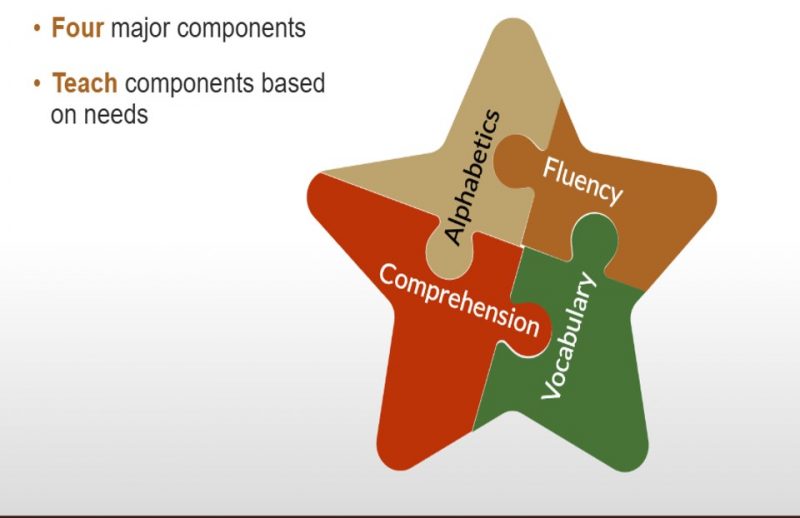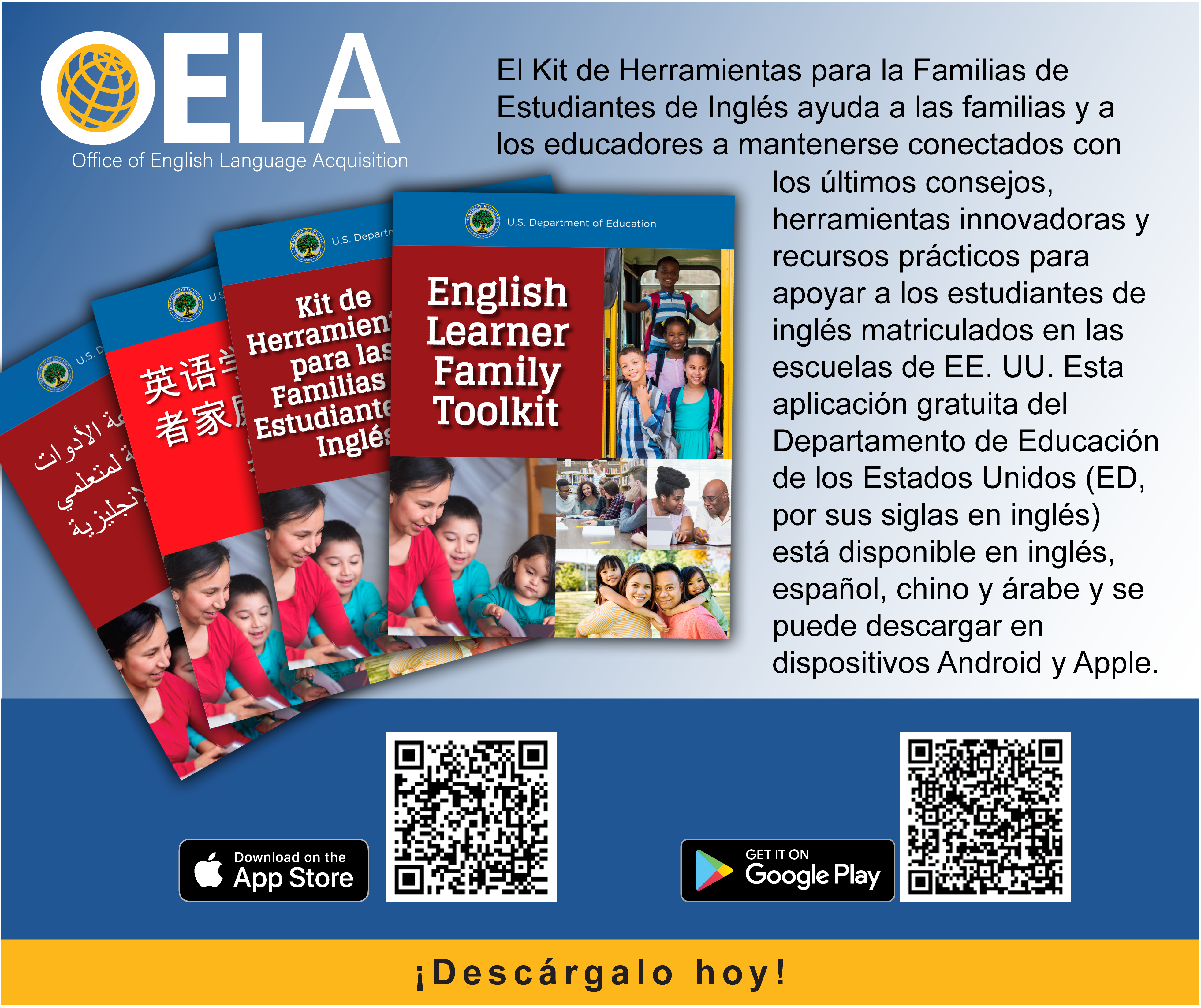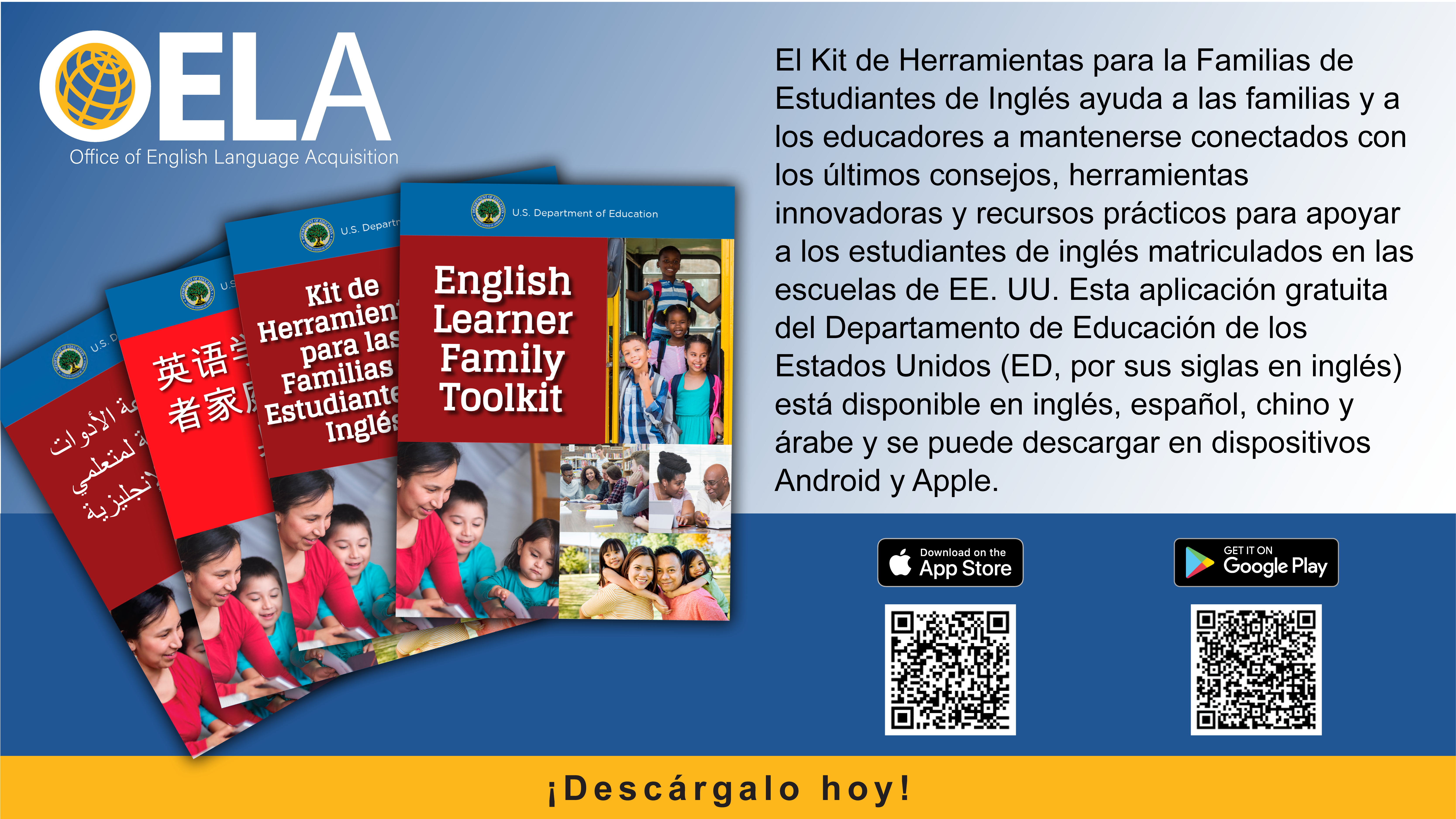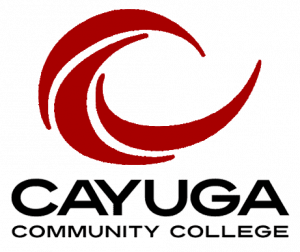Resources
Effective January 21, 2019:
Central Southern Tier RAEN is an approved sponsor of Continuing Teacher and Leader Education (CTLE) pursuant to Section 80-6 of the Regulations of the Commissioner of Education.
Those who wish to receive CTLE credit for our PD Trainings and Workshops must complete the NYSED CTLE Certificate of Completion Form (Sections I and II) within 30 days of the event you attended and email it to James Matt (james.matt@cayuga-cc.edu) for verification/processing. Below is the link to the fillable form.
Resources for Apprenticeship Information
- Steps to become an apprenticeship sponsor: https://dol.ny.gov/apprenticeship/register-apprenticeship-program;
- Empire State Apprenticeship Tax Credit (ESATC): Options for Apprenticeship Program Sponsors | Department of Labor (ny.gov);
- Apprenticeship Expansion Grant -4 (AEG-4): https://dol.ny.gov/funding-opportunities-0.
- ASISTS Google Drive Resource Bank: https://drive.google.com/drive/folders/1c4xyJds4Dx9gcxmhwbKws6pvgKv1zq1N?usp=drive_link
- ASISTS Reports Guide FY2018
- Kate Tornese ASISTS PowerPoint March 2012
- ASISTS Data Round Table January 2012
- ASISTS_Security_Levels_User_Accounts
- ASISTS Program Managers PowerPoint April 2010
CASAS Launches New Adult Low-Level Literacy Curriculum —
Improves Ability of Learners to Transition and Succeed in Postsecondary Options
San Diego, October 11, 2010: CASAS announces the availability of ten free online and theme-based low-level literacy curriculum modules with unlimited access. The standards-based modules contain multi-level and layered lessons in high-priority topics designed to improve learners’ ability to transition and succeed in community and postsecondary settings.
The modules target low-level literacy learners, including those with intellectual disabilities, in Beginning and Pre-Beginning Adult Basic Education (ABE) classes, Community-Based Adult Programs, and Postsecondary Education Programs for Students with Intellectual Disabilities. The field-tested modules follow principles of universal design for learning (UDL) and apply academic content standards in a functional life and work-based context. Lessons in each module are structured in a tiered approach with four skill levels from beginning readers down to pre-readers unable to read print. Module themes include topics such as Get and Hold the Job You Want, Make Your Money Count, and Get the Help You Need.
Special features include strategies to meet individual differences and to increase ability to learn — alternate formats, metacognitive skills, self-determination skills, and community infusion.
…“I teach an online graduate course on adult education curriculum development at the Virginia Commonwealth University … and can only say that I am incredibly impressed with the depth and range of these materials,” George Demetrion
CASAS is a nonprofit research and development organization and a leader in the field providing assessment, curriculum management, and evaluation systems for adult education and alternative secondary programs in the public and private sector. To download the complete no-cost Adult Low-Level Literacy Curriculum, visit https://www.casas.org/LowLiteracyCurriculum/
For more information, visit CASAS www.casas.org, or to ask questions, please call Virginia Posey, Ph.D., at 1-800-255-1036, ext. 192 or e-mail gposey@casas.org
- ISRF Memo FY24
- ISRF FY25 – Fillable
- ISRF Instructions 2025 (English)
- AEPP Education and Employment Plan – Fillable
- AEPP Community Resource Navigator – Fillable
- AEPP Intake Activities FY24
- AEPP Case Management Activities FY24
- AEPP Case Manager Case Load
- AEPP Memo Co-Enrollment WIOA Update (Johnson Oct 2023)
- Social Media in Adult Education Powerpoint January 2012
- Wiggio Tutorial — SoMe Tools in Adult Education January 2012
- American’s with Disability Act (ADA) Definition
- Directory of Resources
- Abstracts of Research Presented at the Annual American Public Health Association Meeting 2009
- Disability Awareness — 7th Sense Etiquette
- Famous People with Disabilities
-
Learning To Achieve
The Learning to Achieve series provides practitioners with practical strategies developed within the learning disabilities community that work for all of our learners.
-
-
- Session Modules include:
- Definition of Learning Disabilities – Focuses on describing the consensus and controversies in the definition of LD, as well as their practical application.
- Legal Issues, Self-Disclosure, and Confidentiality – Focuses on identifying the legal, self-disclosure and confidentiality issues relevant to adults with LD and service providers working with them.
- Accommodations – Defines and clarifies accommodations for learners with disabilities.
- Written Expression Disabilities – Focuses on LD that affect writing and offers strategies to help all adult learners improve writing skills.
- Reading Disabilities – Covers the considerations and strategies for working with adults with LD and all adult learners who struggle with reading.
- Neuroscience – Explore latest brain research as it relates to LD.
- Explicit Instruction for Strategy Learning – Covers how explicit instruction can be used to help adults with LD and all learners develop strategies to learn.
- Content Learning – Covers instructional approaches that can help adults with LD and all struggling learners learn content from written materials.
- Learning Disabilities and English Language Learners – Takes a look at the latest research and information around ELLs and LD.
- Self-Determination – Considers how service providers can support adults with LD and all adult learners in developing self-determination to achieve their goals.
- Workforce – Focuses on practical strategies educators can use to help adults with LD and all adult learners develop effective skills for finding and retaining employment.
- Professionals Guide – Explores evidence-based resource developed to help practitioners improve their practice.
- Session Modules include:
-
EPE Distance Education Program Forms
These are the new forms released by NYSED AEPP Office for teachers certified for NYSED Distance Education through attendance at a traditional RAEN training for these NYSED programs. Note, you must download the document first before attempting to “fill” the fillable fields or they risk losing their data. AEPP requires that programs use these forms exactly as issued. No alterations may be made to the forms.
AEPP Distance Education Screening Tool
AEPP Distance Education Screening Tool Rubric
AEPP EPE Distance Education Student Agreement
EPE ESL Student Packet Assignment
EPE ESL Student Time Worked Record
NYSED ESL Teacher Assignment Monthly Log
Enhancing Access for Refugees and New Americans Project
Adult education programming, particularly Integrated English Literacy and Civics Education (IELCE) activities, can include instruction focused on the rights and responsibilities of citizenship and civic participation. Adult education providers have flexibility in delivering civics-related instruction in ways that are most useful and relevant for their adult learners.
One way of delivering civics-related instruction is through activities that help learners become more engaged as active members of their communities. The Enhancing Access for Refugees and New Americans (EARN) project has developed a new video, Civic Engagement Activities in Adult Education, that highlights how one adult education provider, Briya Public Charter Schools, embeds civic engagement activities into their programming.
Explore the video today!
Click here to add your name to the distribution list.
This message was sent by RTI International, 3040 E Cornwallis Rd, Durham, NC 27709. RTI International is a nonprofit research and development organization.
SUNY Smart Track
-
SUNY has created Smart Track, a collection of resources – including our Net Price Calculator – designed to help students and families understand college costs and develop a financial plan for the future. It’s just another reason why SUNY is a smart investment and a sound economical decision. Visit the SUNY Smart Track website for more information and create a new account to access this financial literacy tool.
EPE Distance Education Program Forms
These are the new forms released by NYSED AEPP Office for teachers certified for NYSED Distance Education through attendance at a traditional RAEN training for these NYSED programs. Note, you must download the document first before attempting to “fill” the fillable fields or they risk losing their data. AEPP requires that programs use these forms exactly as issued. No alterations may be made to the forms.
AEPP Distance Education Screening Tool
AEPP Distance Education Screening Tool Rubric
AEPP EPE Distance Education Student Agreement
EPE GRASP Student Packet Assignment
EPE GRASP Student Time Worked Record
Appendix 6 Fast Track Math GRASP Packet Student Documentation
NYSED GRASP Teacher Assignment Monthly Log
EPE ESL Student Packet Assignment
EPE ESL Student Time Worked Record
NYSED ESL Teacher Assignment Monthly Log
__________________________________
__________________________________
- GRASP Training Materials 2019
- GRASP 2019 PowerPoint
- American Revolution Webquest
- Assignment Log
- Assignment Sheet / Study Log
- Commas Between Adjectives
- Decimal Review Sheet 1
- Eight Practice Informational Essays for the TASC Exam
- Essays to Score (Student Samples)
- Genetics and Punnett Squares
- Genetics and Punnett Squares Answer Key
- GRASP Student Handbook (Teacher Edit 2014)
- Independent Learning
- Independent Reading
- Intake Survey for Distance Learning
- Multiplication Tips and Tricks
- Multiplying Binomials
- Outline for Argumentative Essay
- Practice Multiplying Binomials
- Read Works – 19th Amendment
- Release Packet Cover Sheet
- Scoring Rubric – Chart Form
- TASC Essay Scoring Rubric
- Signed Number Function Rules
- Sixteen Practice Argumentative Essays for the TASC Exam
- Student Teacher Contract
- Super Math Glossary 1
- TABE/ Lexile Resources
- TASC Writing Lessons and Resources
- Terminology Blank
- Web Resource List
- Welcome to GRASP
- What’s in a Name
- Your Goals / Your Job
- GRASP Training Materials 2018
- GRASP Training Materials 2017
Department of Health – Access to Affordable Health Coverage
Hybrid/Remote Education Program Forms
These are the new forms released by NYSED AEPP Office for programs APPROVED by AEPP to provide Hybrid/Remote Education. Note, you must download the document first before attempting to “fill” the fillable fields or they risk losing their data. AEPP requires that programs use these forms exactly as issued. No alterations may be made to the forms.
Remote Education Guidelines PowerPoint CST (June 2025)
MEMO – Hybrid & Remote Instruction WIOA ALE FY26 – March 2025
Hybrid & Remote Instruction Application WIOA ALE March 2025
MEMO – Hybrid and Remote Instruction EPE FY26 April 2025
Hybrid & Remote Instruction Application EPE March 2025
Hybrid Remote Class Schedule FY26
AEPP Remote Intake Checklist updated 4.2.25
AEPP Hybrid Education Screening Tool
AEPP Hybrid Education Screening Tool RUBRIC Fillable FY25
- ADA Northeast Center
http://www.ilr.cornell.edu/edi/dbtacnortheast/index.cfm - ADA Information Line
800-514-0301 (voice) 800-514-0383 (TDD) - Department of Justice ADA Website
www.ada.gov
For requirements under the ADA and for clear explanations of various provisions of the ADA, this site offers information and links to helpful material. - Office of Disability Employment Policy
www.dol.gov/odep/
This website provides information on employment policy issues for people with disabilities. It also has information on recruiting, hiring and retaining employees with disabilities. Categories include Youth, Employment Supports, and information on the workforce. - Job Accommodations Network
www.jan.wvu.edu/media/jobdescriptions.html
This site gives advice on accommodation implementation, model job interview procedures and associated materials. - Workforce One Centers
www.labor.state.ny.us/workforcenypartners/wfnyp_index.shtm
This site provides information to businesses, workers and job seekers that will enable them to access and better understand the system. It also provides access to information, technical assistance, resources and funding opportunities that will enable local workforce investment area staff, one-stop partners and other workforce professionals to help build a better workforce development system. - Cornell Northeast ADA & IT Center
www.northeastada.org
This site includes relevant state and local laws and codes. The ADA & IT Center can provide an on-site Access Survey, has a technical support section, and supplies quarterly technical bulletins as well as other written material. - National Organization on Disability
www.nod.org
A general website on disability issues, national activity and accommodations. - New York State Commission on Human Rights
www.dhr.state.ny.us
This commission can help people with disabilities who think they may have been discriminated against in housing, employment and education. This is also a good website with information to help people with disabilities understand their rights.
__________________________________________________________________________________________
Learning To Achieve
The Learning to Achieve series provides practitioners with practical strategies developed within the learning disabilities community that work for all of our learners.
Session Modules include:
- Definition of Learning Disabilities – Focuses on describing the consensus and controversies in the definition of LD, as well as their practical application.
- Legal Issues, Self-Disclosure, and Confidentiality – Focuses on identifying the legal, self-disclosure and confidentiality issues relevant to adults with LD and service providers working with them.
- Accommodations – Defines and clarifies accommodations for learners with disabilities.
- Written Expression Disabilities – Focuses on LD that affect writing and offers strategies to help all adult learners improve writing skills.
- Reading Disabilities – Covers the considerations and strategies for working with adults with LD and all adult learners who struggle with reading.
- Neuroscience – Explore latest brain research as it relates to LD.
- Explicit Instruction for Strategy Learning – Covers how explicit instruction can be used to help adults with LD and all learners develop strategies to learn.
- Content Learning – Covers instructional approaches that can help adults with LD and all struggling learners learn content from written materials.
- Learning Disabilities and English Language Learners – Takes a look at the latest research and information around ELLs and LD.
- Self-Determination – Considers how service providers can support adults with LD and all adult learners in developing self-determination to achieve their goals.
- Workforce – Focuses on practical strategies educators can use to help adults with LD and all adult learners develop effective skills for finding and retaining employment.
- Professionals Guide – Explores evidence-based resource developed to help practitioners improve their practice.
- NYACCE Website (www.nyacce.org)
EPE Distance Education Program Forms
These are the new forms released by NYSED AEPP Office for teachers certified for NYSED Distance Education through attendance at a traditional RAEN training for these NYSED programs. Note, you must download the document first before attempting to “fill” the fillable fields or they risk losing their data. AEPP requires that programs use these forms exactly as issued. No alterations may be made to the forms.
AEPP Distance Education Screening Tool
AEPP Distance Education Screening Tool Rubric
AEPP EPE Distance Education Student Agreement
EPE SMART Student Packet Assignment
EPE SMART Student Time Worked Record
NYSED SMART Teacher Assignment Monthly Log
EPE ESL Student Packet Assignment
EPE ESL Student Time Worked Record
NYSED ESL Teacher Assignment Monthly Log
STAR = STudent Achievement in Reading
STAR is a reading reform initiative that will help you implement evidence based reading instruction in your classroom. STAR training focuses on intermediate level readers, both native and non-native speakers of English. STAR assessments and instructional materials are meant to be incorporated into your existing ABE and ESL classrooms as the teacher or program sees fit. It can be used under EPE, WIOA or ALE funding.

STAR ALPHABETICS
STAR FLUENCY
| STAR Fluency Assessment | STAR Fluency Instruction |
STAR VOCABULARY
STAR COMPREHENSION
| STAR Comprehension Assessment | STAR Comprehension Instruction |
Now available on tabetest.com
-
- TABE 13&14 Blueprints https://tabetest.com/resources-2/testing-information/blue-prints-1314/
- TABE 13&14 Next Test Assignment Post Testing Chart https://tabetest.com/tabe-1314%e2%80%95next-test-assignment-nta-post-testing/
- TABE 13&14 Best Practices Guide https://tabetest.com/PDFs/TABE_Best_Practice_Guide.pdf
- TABE 13&14 Online Tools Training https://tabetest.com/resources-2/testing-information/online-tools-training/
- TABE 13&14 DRC Insight Portal Quick Start Guide https://tabetest.com/PDFs/TABE_13&14_Quickstart_Guide.pdf
- TABE 11&12 DRC Insight Learning System https://www.drcedirect.com/all/eca-portal-v2-ui/#/login/TABE
NRS-TA-Guide-Nov-2024 EFL Descriptors
New NRS Functional Levels (2016 with Numeracy)
_________________________________________________________________________________________________
- Message from NYSED (November 6, 2018)
- TABE 11/12 online testing training. It looked like programs would have to pay for the training to administer the TABE online but Bob Purga and Rosemary Matt have contacted DRC and have confirmed there are no cost alternatives that DRC offers. Attached are the three alternatives that DRC offers:
PLEASE NOTE: this is NOT in place of the NYSED TABE 11/12 Administrator training that our RAEN provides. That 6 hour training is still required for any NYSED/ACCES funded adult education program through the RAEN. This free training from DRC is to prepare programs who are moving into TABE online assessing for their students. So if a program wishes to provide the TABE 11/12 online, they need to have their staff use one of these DRC resources AND they would need to attend one of our RAEN NYSED TABE 11/12 Administrator trainings.
- TABE 11/12 online testing training. It looked like programs would have to pay for the training to administer the TABE online but Bob Purga and Rosemary Matt have contacted DRC and have confirmed there are no cost alternatives that DRC offers. Attached are the three alternatives that DRC offers:
_______________________________________________________________________________________________
Ability to Benefit: Webinar Recording and Resources
|




